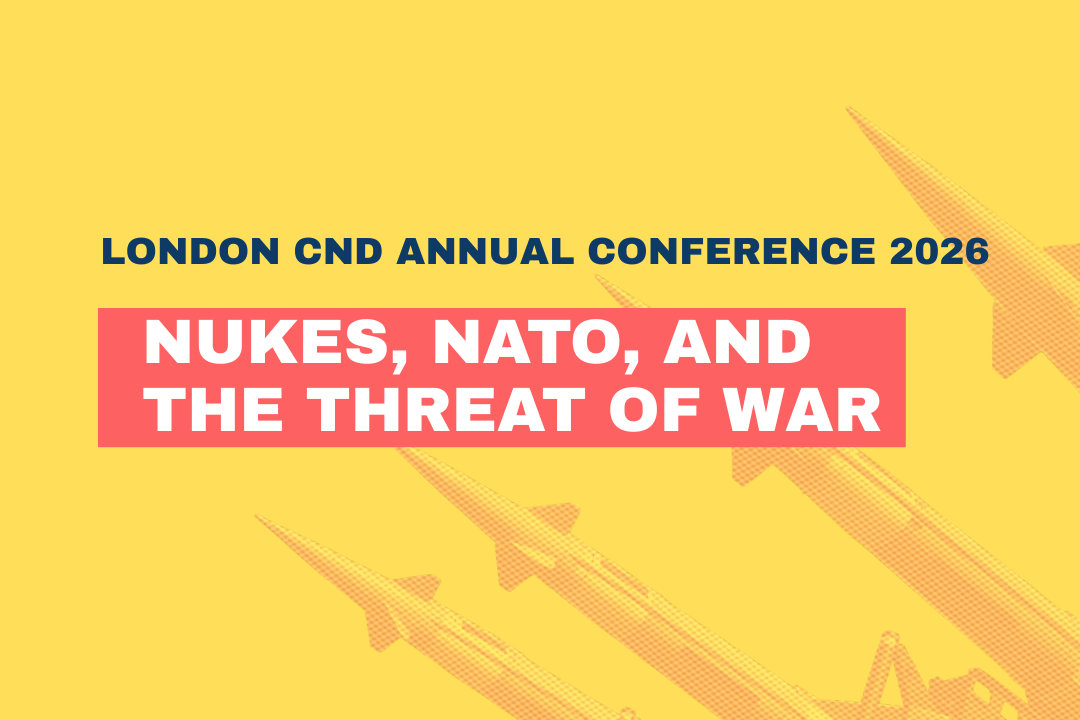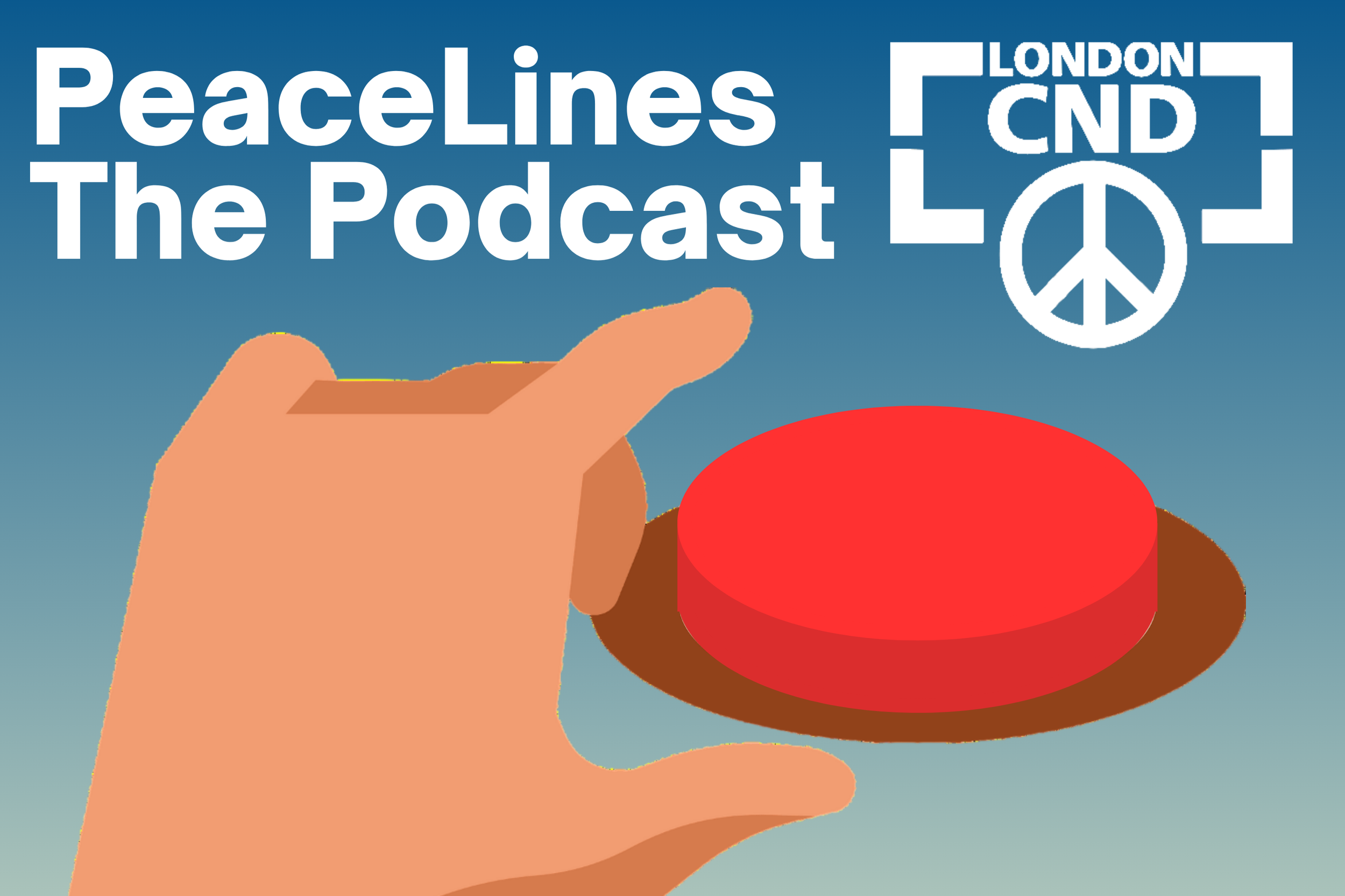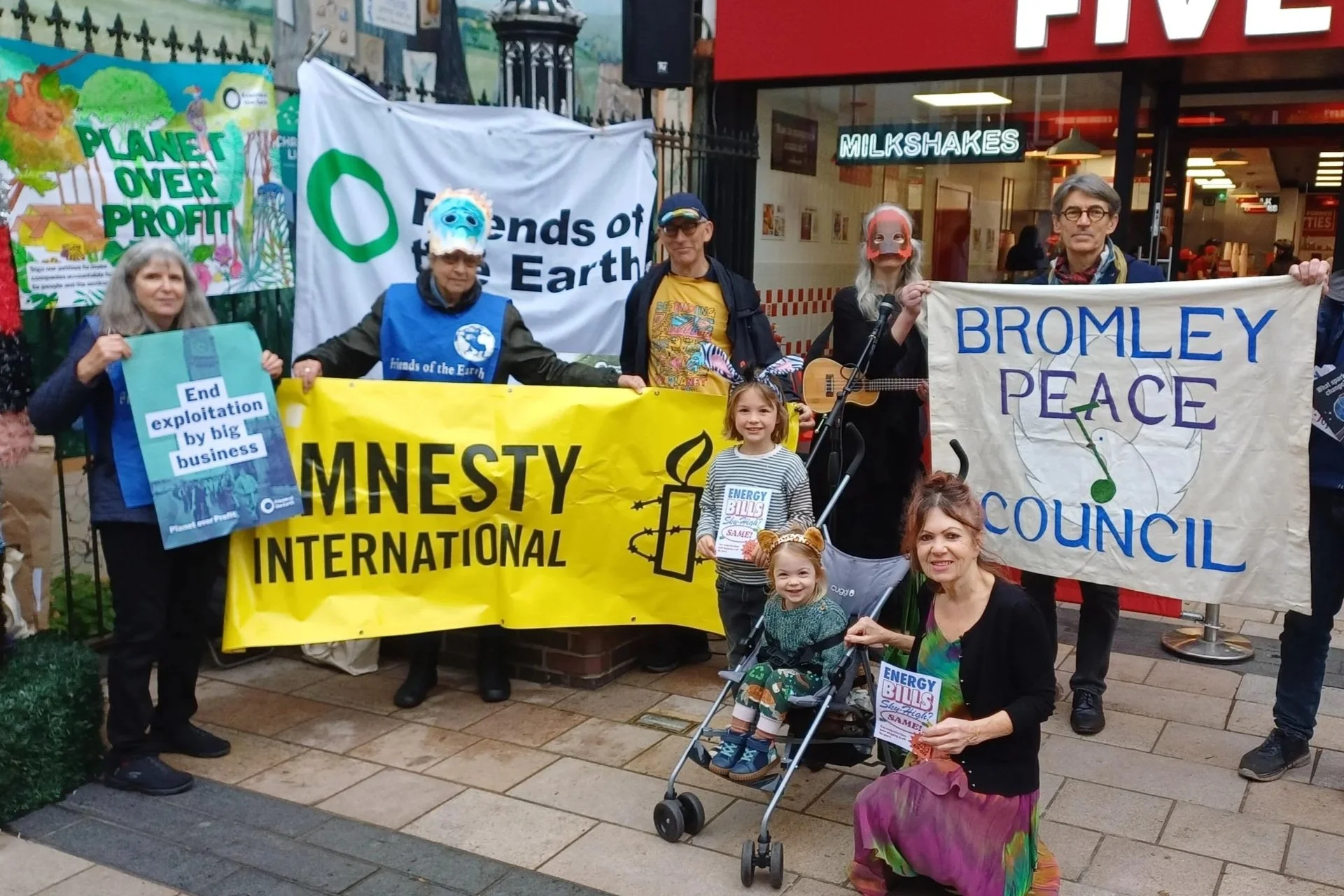The drumbeat of war is growing louder in Britain, in Europe, and across the world. London CND’s annual conference on 25 January, Nukes Nato, and the Threat of War couldn’t be more important. An impressive line-up of speakers examined the threats in the year ahead – why politicians are preparing for war and what the alternatives are – and activists and members of London CND groups talked about their contributions to the growing resistance.
In a keynote address, London MP Bell Ribeiro-Addy explored the relationship between racism and war. ‘The entire history of nuclear weapons,’ she said, ‘is a history of asymmetric power, double standards, and inequality.’ Bell argued:
‘The pathway to British security in a more multi-polar world is through disarmament, diplomacy, and demilitarisation abroad, and shoring up society at home through stable public services, energy independence, and industrial strategy.’
Melissa Parke, ICAN Director and a former member of the Australian senate described the importance of the Treaty on the Prohibition of Nuclear Weapons: Melissa pointed out:
‘Western nations have gone along with the so-called rules-based order for decades, lecturing other nations on human rights and democracy while looking the other way, or even worse participating with enthusiasm, in fiascos like Afghanistan and Iraq.’
Asad Rehman, Friends of the Earth UK Chief Exec talked about ‘the refusal to accept a world where we’re permanently balanced on the edge of annihilation’. Asah highlighted:
‘We are told nuclear weapons will keep us safe, while we know the reality is they threaten all life on earth. We are told endless military spending is unavoidable, yet we can’t find the money to stop the planet burning.’
Video clips of our other conference speakers are available on London CND’s YouTube channel.
A conference programme, including speaker bios, is available here, and you can watch the conference in full here.





